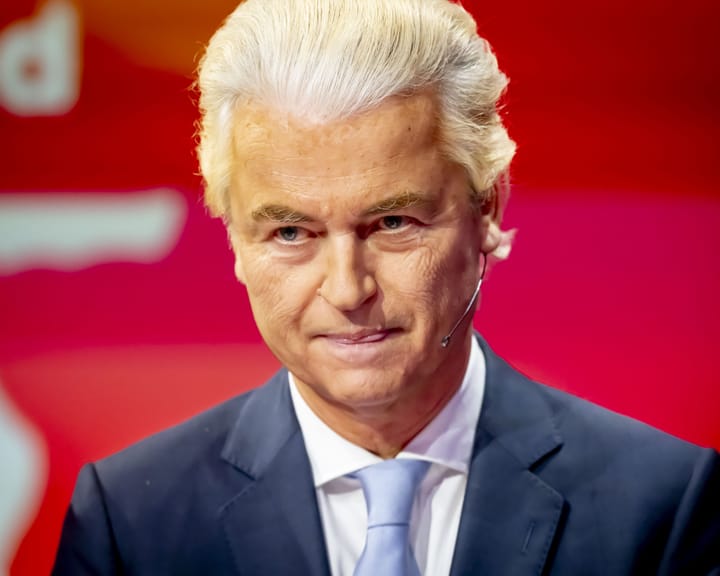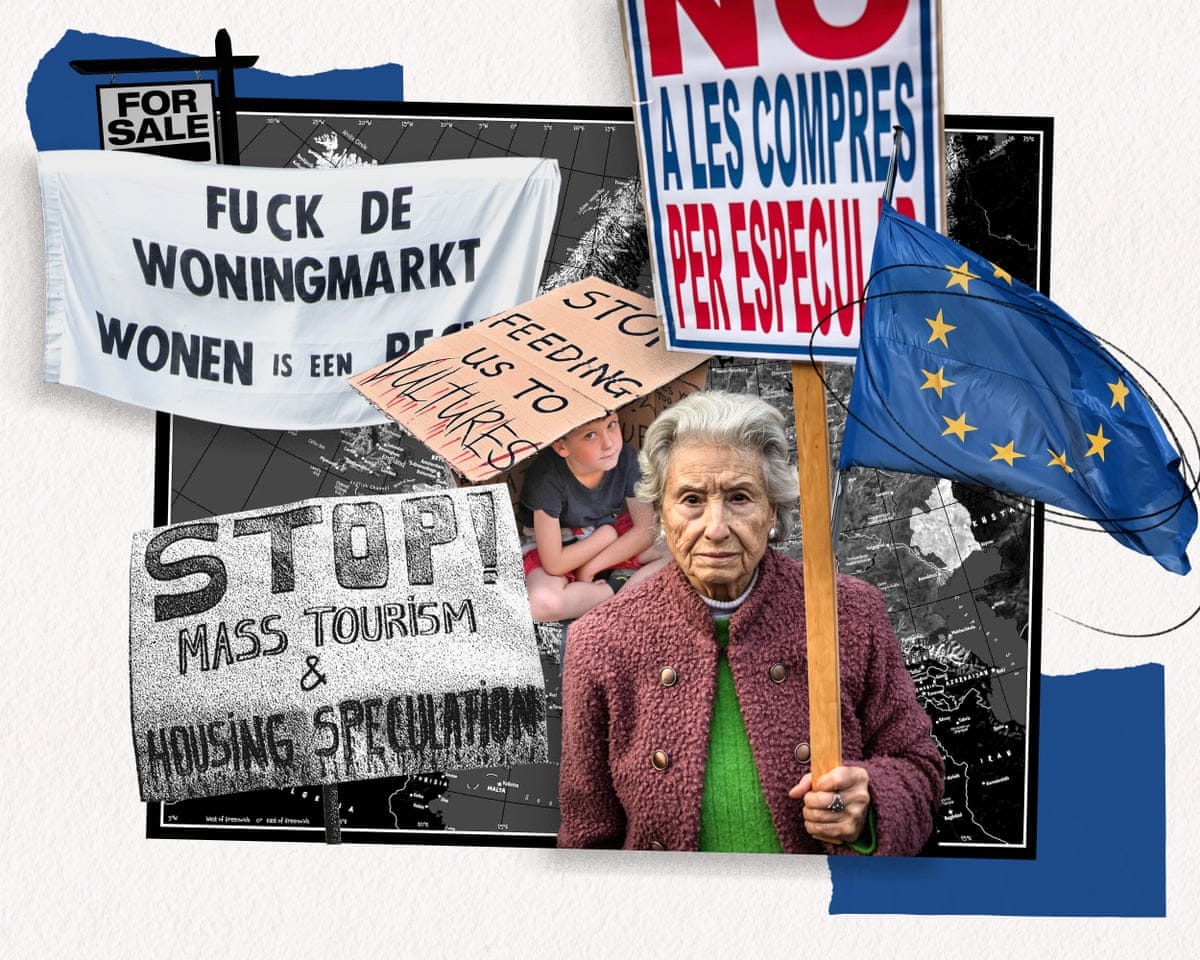Housing Crisis Poses Major Threat to Europe’s Stability, Says Barcelona Mayor
Jaume Collboni, the mayor of Barcelona, recently warned that the housing crisis has become as severe a challenge for the EU as geopolitical tensions. "There’s a real danger that working and middle-class citizens will lose faith in their governments' ability to address their most pressing concern," he stated.
His concerns are not unfounded. Rents in cities from Dublin to Milan consume a significant portion of residents' earnings, leaving homeownership an unattainable dream for many. Surging property prices and annual rent hikes exceeding 10% in some areas are forcing people into unstable living conditions or homelessness.
Collboni argues that the housing shortage is fueling political dissatisfaction across Europe. It has contributed to the rise of far-right movements, such as Germany’s Alternative für Deutschland and the Dutch Freedom party. Housing inequality is deepening social divisions, disproportionately impacting marginalized groups. For many, securing stable housing has become a source of distress rather than stability.
While the crisis disrupts lives for most, a select few benefit. Financial institutions, in particular, have gained increasing control over housing markets. Since the 2008 financial crisis, institutional investors—including private equity firms, hedge funds, and pension funds—have expanded their real estate holdings dramatically. By 2023, they managed $1.7 trillion in global property, up from $385 billion in 2008.
Attracted by steady returns, these investors have turned European housing into a profitable asset. Institutional purchases of residential properties in the eurozone have tripled in the past decade. One asset manager noted that European residential real estate offers "better returns than any other sector."
In some regions, institutional ownership has reached alarming levels. Almost half of Ireland's newly built units since 2017 were bought by investment funds. In Sweden, institutional landlords now control 24% of private rental apartments. Berlin has €40 billion worth of housing in institutional hands—10% of the city’s total stock. Even in Vienna, long praised for its affordable housing, market pressures are intensifying.
The widening gap between those who profit from housing and those struggling to afford it underscores a growing divide in European society.
Read next

Africa's Warning on Solar Geoengineering Risks Gains Editorial Backing
It is appropriate that this week’s United Nations environmental discussions are happening in Nairobi, as Africa plays a central role in shaping global climate dialogue. Diplomats from the continent are addressing the complex issue of whether attempting to cool Earth by reducing sunlight exposure is a prudent approach. While

Might Narcolepsy Medication Revolutionize the World?
Breakthroughs in Sleep Science Reveal Surprising Insights
During a conversation with a pharmaceutical researcher, I learned of significant progress in sleep medications. One promising development targets narcolepsy, though its method could also address broader sleep issues like insomnia, much like how certain unexpected innovations find wider applications — akin to adhesive

"Far right still dominant in Netherlands despite Wilders' government setback"
Dutch Voters Head to the Polls Amid Political Instability
On Wednesday, Dutch citizens will cast their votes once again, marking the ninth election for the Tweede Kamer—the legislative chamber of the Netherlands’ parliament—in this still young century. In some respects, the country has come to resemble Italy in

